Major Power Relations
Your Present Location: PROGRAMS> Major Power Relations-
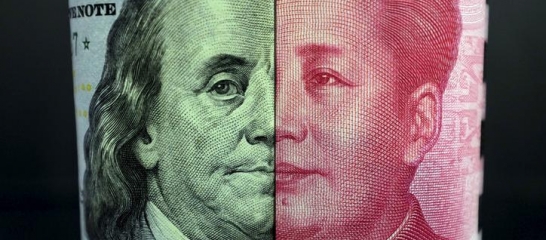
John Ross: China tests its nuclear financial weapon – US markets understood, has Trump?
On Monday 5 August China tested an economic nuclear weapon – it allowed the RMB’s exchange rate to fall. In addition to the drop itself it took it below the psychologically important 7.0 level. Financial markets understood immediately the impact of this drop in the RMB’s exchange rate – the US S&P500 share index fell by 3% in a single day, the worst daily decline of 2019. This sharp fall on US share markets repeated the experience following the RMB’s devaluation in 2015.
2019-08-09 -

US hate crimes, xenophobic rhetoric daunt Chinese
Chinese internet users expressed safety concerns for US society after two mass shootings claimed dozens of lives. Some users said the US had already lost its appeal through its hostile polices against China, with the shootings just adding fuel to the fire. US society is grappling with two mass shootings in two cities over the weekend, which left 20 people dead in El Paso and nine others killed in Dayton.
2019-08-09 -

Ding Gang: More than durian to China-Malaysia relations
My recent visit to Malaysia came eight years after my first trip to the country. As the car approached the Petronas Twin Towers, the landmark of Kuala Lumpur, I saw a billboard of China Construction Bank (CCB). On the second day, as I was wandering in the city, I noticed a signpost next to the office building of the operation department of CCB. It showed that the British Malaysian Chamber of Commerce is housed in the same building.
2019-08-08 -
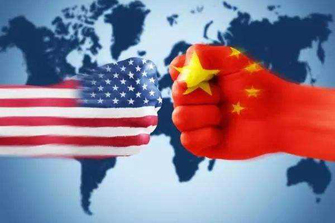
Zhao Minghao:U.S.' ideological offensive is not beneficial to both sides
On Monday, China-U.S. trade talks resumed after a three-month suspension in Shanghai. The choice of Shanghai, China's financial hub, as the meeting venue demonstrates China's hope to handle the economic and trade frictions between the two countries in the spirit of "business is business."
2019-08-07 -
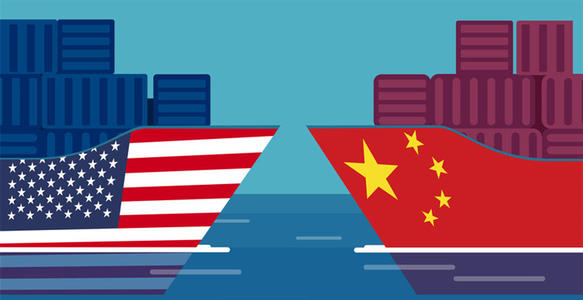
William Jones: New US tariffs cannot Trump China
US President Donald Trump's rash measure of imposing a new 10 percent tariff on Chinese goods on top of the 25 percent already levied threatens to hurt the US economy. It may also create a major blowout in international financial markets. In addition, this attempt to play hardball with the Chinese side in these all too important discussions could totally poison the atmosphere for amicable talks with China on any issue in the future.
2019-08-07 -
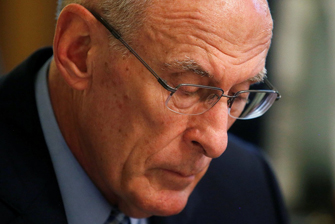
Ratcliffe: Potential U.S. spy chief is Trump's next 'yes-man'
You are only as good as the information you're given, but what if that information only consists of what you want to hear? U.S. President Donald Trump continues to abide by this modus operandi with the nomination of Republican Congressman John Ratcliffe as his national intelligence director. On the way out is Dan Coats, who has at times contradicted Trump in his assessment of foreign threats.
2019-08-06 -
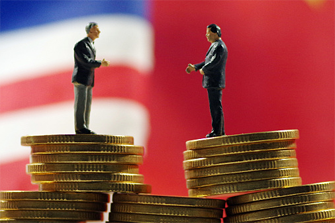
He Weiwen: Washington needs to reconsider its China trade policy
China-U.S. trade consultation will be resumed in Shanghai from Tuesday. The world stock market has already greeted the news, with various kinds of wishes and cautious optimistic anticipations loomed up for an early deal. There are two positive gestures and two harmful threats.
2019-08-05 -

Ding Gang: China leaves its mark in Philippines
Intramuros is the historic center and oldest district of Manila, the capital of the Philippines. Fort Santiago, an iconic building located in Intramuros, was built between 1589 and 1592. History has left four deep imprints on the fort, symbolizing the four most important periods in the history of the Philippine archipelago.
2019-08-05 -
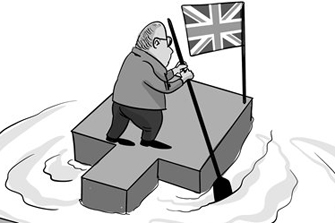
John Ross: Washington ties with pro-Brexit group could limit mutually beneficial UK-China relations
Two days after Boris Johnson became the UK's prime minister, the Financial Times noted that British Brexit Party leader Nigel Farage held a major New York fundraising event for a new lobbying body W4B (World4Brexit) to campaign for the UK to leave the European Union (EU). Farage added that he met with President Donald Trump at the White House on July 24, the day Johnson became prime minister, when Trump urged him to join forces with Johnson to "realign" British politics.
2019-08-05 -
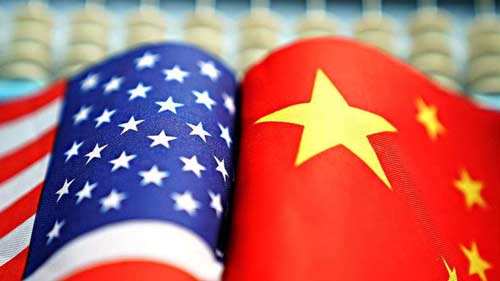
Scholars criticize US' hostility for China
Countering China has been counterproductive for the United States and hurt global development, according to Chinese scholars, who called for more rational dialogue and cooperation between the two nations. The seminar, Development of China and the World, was hosted on Monday by Renmin University of China. It invited experts and scholars in economy and trade, international relations and military issues to discuss a recent open letter written by a retired US veteran, with 130 others listed as co-signatories.
2019-07-24 -
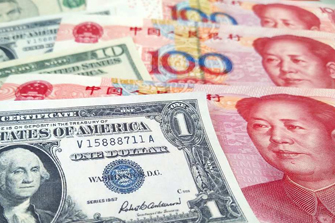
Yu Yongding: Trade war ceasefire does not set our mind at ease
This article was translated and edited from a speech by Professor Yu Yongding, an academician with the Chinese Academy of Social Sciences, at Chongyang Institute for Financial Studies, Renmin University of China, on June 26, 2019.
2019-07-16 -
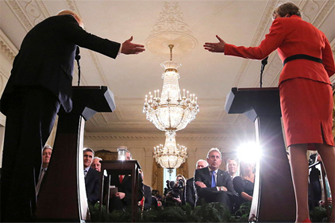
William Jones: Is UK-U.S. "special" relations in danger after the British ambassador's leak?
The publication of excerpts of secret cables containing vicious attacks against President Trump from British Ambassador to the United States Sir Kim Darroch to the British Foreign Office has really thrown a monkey wrench into the much-touted Anglo-American "special relationship."
2019-07-10 -
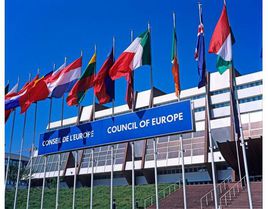
Xi envisions better EU ties in message
President Xi Jinping sent a congratulatory message on Sunday to Charles Michel for his election as president of the European Council.
2019-07-09 -
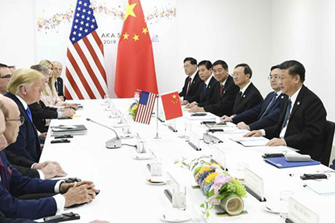
Zhao Minghao: After Osaka, What Next?
Presidents Donald Trump and Xi Jinping had an 80-minute meeting at the G20 summit in Osaka on June 29, where they agreed that the US would not levy additional tariffs on $300 billion of Chinese exports – the two parties are set to restart trade negotiations on the basis of equality and mutual respect. Trump said that talks were “back on track” after an “excellent” meeting with Xi, and the US is willing to reach a trade deal with China that is acceptable to both sides. At the subsequent press conference, Trump went on to say that he would allow US high-tech firms to continue selling products to Huawei, and that the US and China may even become “strategic partners.”
2019-07-08 -
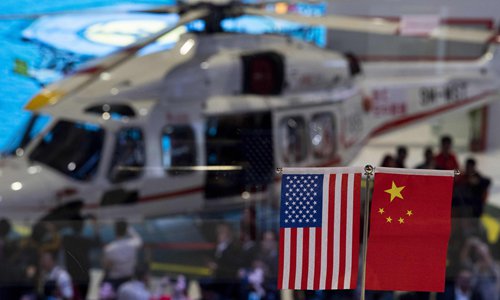
Letter to exert positive impact but unlikely to be taken seriously by White House
An open letter to US President Donald Trump signed by scores of Asia specialists including former US diplomats and military officers has revealed that rational voices are emerging to challenge paranoid ideas, Chinese experts noted on Thursday.
2019-07-05 -
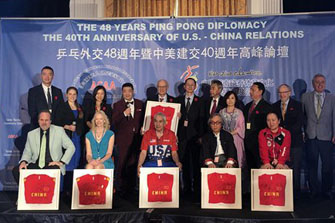
Ding Gang: Track II diplomacy sees bouncy China-US ties
Meeting US President Donald Trump at the G20 summit in Japan, President Xi Jinping cited ping-pong diplomacy taking place at the 1971 World Table Tennis Championship in Nagoya, a Japanese city that is just over 100 kilometers from Osaka, to highlight the need for wisdom and foresight in China-US relations.
2019-07-04 -
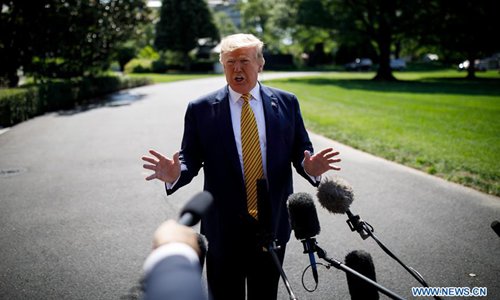
New US sanctions on Iran to destabilize region
The latest US sanctions on Iran will only worsen safety and stability in the Middle East, so China should take active measures to ensure its economic interests and stability in this region, experts said.
2019-07-04 -
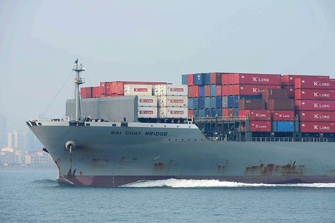
William Jones: Xi-Trump meeting takes trade dispute off hair-trigger
The meeting of U.S. President Donald Trump and Chinese President Xi Jinping on June 29 on the sidelines of the Group of 20 (G20) summit in Osaka helped to deflate the tensions in the U.S.-China relations that had been building lately as a result of more strident rhetoric coming from some members of the Trump Administration. In particular, Secretary of State Mike Pompeo’s rather outlandish characterization of the Belt and Road Initiative as “shackles” for those countries that participated in it raised some very strong comments from the Chinese Foreign Ministry.
2019-07-02 -
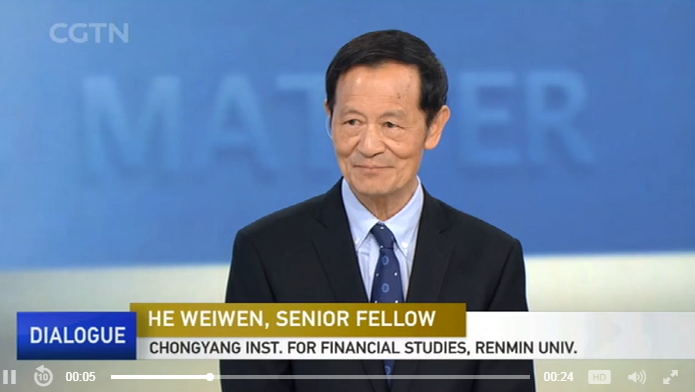
Osaka G20: Trump calls China a 'strategic partner'
Leaders of the world's 20 largest economies gathered together in Osaka to discuss economic and financial matters and coordinate policies on global governance. The most eye-catching sideline meeting was the one between Chinese President Xi Jinping and U.S. President Donald Trump, with both sides agreeing on a resumption of trade negotiations and a temporary freeze on further tariffs.
2019-07-02 -
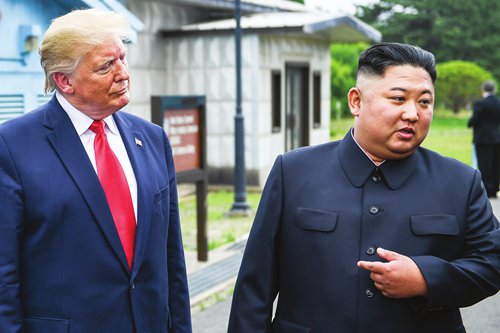
China’s mediation ‘encourages’ Kim, Trump to rebuild friendly atmosphere
The third meeting between US President Donald Trump and North Korean leader Kim Jong-un took place on Sunday in the Demilitarized Zone (DMZ) of Panmunjom, which divides North and South Korea, with experts saying the historic event shows China's mediation has successfully encouraged the two sides to build an amicable relationship.
2019-07-02
























































































 京公网安备 11010802037854号
京公网安备 11010802037854号





